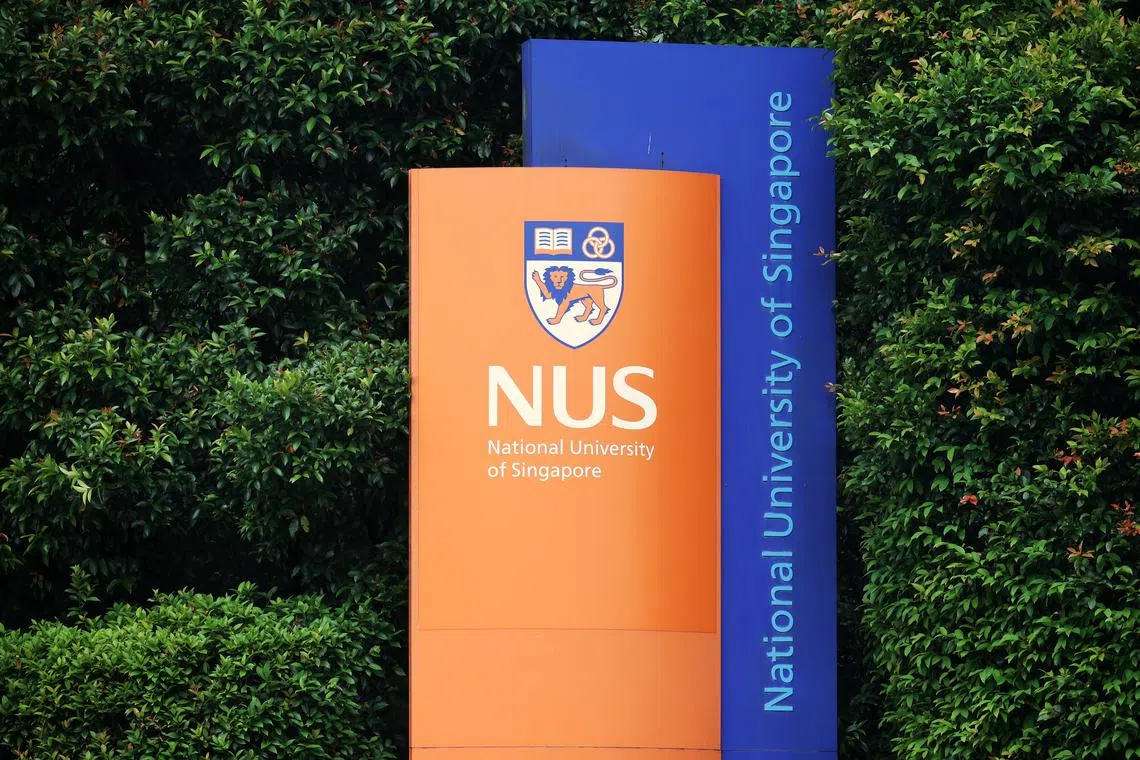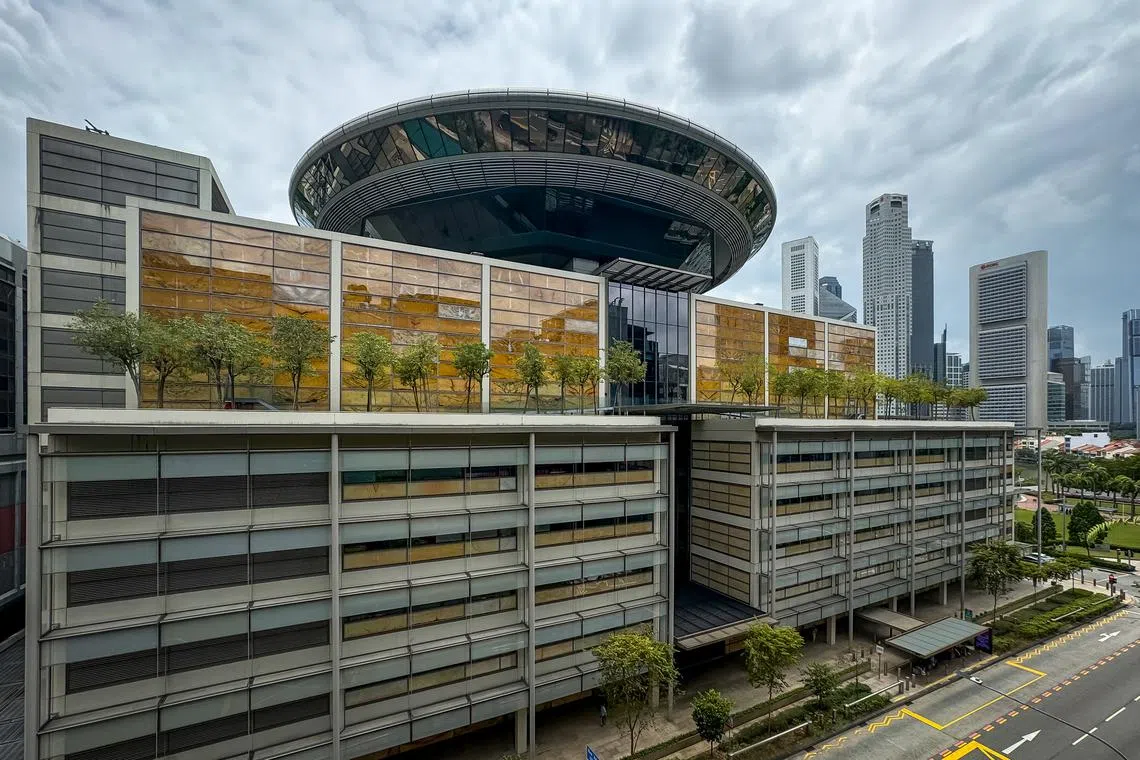- Joined
- Jul 25, 2008
- Messages
- 15,366
- Points
- 113
8 telehealth providers investigated by MOH for lapses

Enforcement action has been taken against three of the providers, including MaNaDr Clinic.ST PHOTO: LIM YAOHUI
Lee Li Ying
Jan 08, 2025
SINGAPORE – Eight telemedicine providers have been or are currently being investigated for lapses in clinical care or inappropriate advertisements of services, said Senior Minister of State for Health Janil Puthucheary in Parliament on Jan 7.
Enforcement action has been taken against three of the providers, including MaNaDr Clinic, Dr Janil added.
MaNaDr Clinic was found to have more than 100,000 teleconsultations that lasted one minute or less in a sampled month, among other lapses. The Ministry of Health (MOH) revoked the clinic’s licence on Dec 20, 2024, barring it from providing outpatient medical services.
Responding to parliamentary questions on whether there are similar trends of unethical telehealth providers following the MaNaDr case, Dr Janil said that the eight telemedicine providers have been or are being investigated for non-compliances in two categories.
The first is in clinical care, such as doctors issuing prescriptions and medical certificates without proper clinical assessment or not conducting video consultations for first-time patients.
The second is for inappropriate advertisements, such as those promoting the unnecessary use of telemedicine services.
The actions taken include a short suspension and a stern warning, commensurate with the severity of the breaches, said Dr Janil.
In addition, medical practitioners have been referred to the Singapore Medical Council for potential lapses in professional standards. The council’s review is under way.
He did not name the other operators as investigations are still ongoing.
In 2024, MOH received 59 complaints regarding telemedicine involving 20 operators.
There were a number of licensees involved and there were “some very short teleconsultations”, said Dr Janil, adding that the ministry is trying to establish what the exact numbers are.
He pointed out that a short teleconsultation is not automatically incorrect if it is with a regular patient, or a follow-up, or if necessary information has been obtained.
“We have to look at the entire clinical care that has been provided and make sure it’s appropriate. It’s not the fact of telemedicine that is necessarily wrong, it’s whether correct clinical care has been provided through this modality, and that sometimes requires inpatient consultation,” said Dr Janil.
“Sometimes, it requires the appropriate breadth and time for the interactions so that correct information is provided. And in some cases, it is an issue of whether or not the correct documentation of the process has been carried out. So all of these things are part of the investigation process.”
Responding to a question on how telemedicine may be abused to get easy access to medical certificates, Dr Janil pointed out that such inappropriate behaviour can happen in an in-person setting as well.
When it comes to telemedicine abuse, there are a variety of things that the ministry looks at, which include metrics in terms of the numbers, the patient mix and the justifications for the medical certificate or any other therapeutic intervention.
“Ultimately, has a correct assessment been provided? And is the treatment – whether it is medication, investigation or medical certificate – appropriate to the medical condition that has been detected and appropriately documented?”
Dr Janil said it is important to recognise that telemedicine can bring tremendous benefits to patients, especially those who are immobile or doing regular follow-ups. It makes healthcare much more accessible and convenient to patients.
“However, as in any new service delivery model, there will be abuse and misuse, especially in the initial period of implementation. MOH will take the necessary enforcement action, (so) that over time, best practices become normalised.”
The public can raise concerns on the provision of telemedicine via e-mail at [email protected]


![CMG20241220-WooFL02/Revocation of MaNaDr Clinic Pte Ltd's Licence to Provide Outpatient Medical Service[371 Beach Road City Gate #02-52] CMG20241220-WooFL02/Revocation of MaNaDr Clinic Pte Ltd's Licence to Provide Outpatient Medical Service[371 Beach Road City Gate #02-52]](https://cassette.sphdigital.com.sg/image/straitstimes/fa8d0433368dd206dc9ba4480cbc4e1eaff99550a4e1bf147ea5234eb1c84c20)









